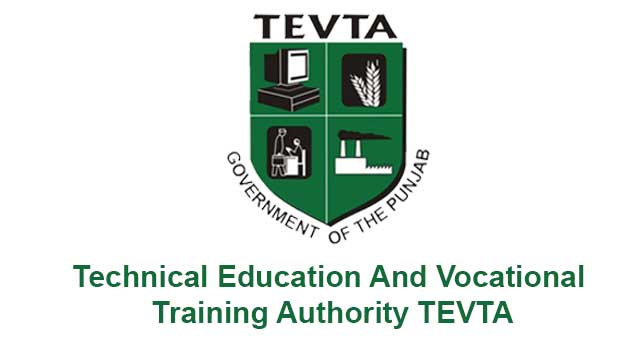In a promising development for the education and employment landscape of Punjab, the Technical Education and Vocational Training Authority (TEVTA) Chairperson and Secretary Industries, Ehsan Bhutta, recently unveiled plans for a significant expansion of vocational training programs.
The announcement, made during a meeting at the TEVTA secretariat, highlighted the organization’s commitment to meeting the growing demand for skilled professionals in various industries.
TEVTA’s visionary approach aims to address the evolving needs of the job market by introducing specialized courses that cater to the requirements of different sectors.
Among these, the introduction of hospitality courses stands out as a crucial step toward preparing a workforce that can excel in the dynamic and diverse hospitality industry.
Filling the Skill Gap in the Hospitality Sector
The hospitality industry is experiencing rapid growth, with increased investments in hotels, resorts, restaurants, and tourism-related businesses across Punjab.
Despite this growth, there exists a significant skill gap, as employers often struggle to find professionals with the right expertise to meet the industry’s demands.
TEVTA’s forward-looking initiative seeks to bridge this gap by offering comprehensive courses that focus on essential aspects of the hospitality sector.
Hospitality Courses: A Detailed Overview
The upcoming hospitality courses at TEVTA will be designed to cover a wide range of topics, providing students with the necessary practical skills and theoretical knowledge. These courses will offer specialized training in the following key areas:
1. Culinary Arts
Culinary arts is a fundamental aspect of the hospitality industry, and the demand for skilled chefs and cooks continues to grow. TEVTA’s culinary arts course will cover a diverse range of cuisines, food preparation techniques, and culinary hygiene practices. Students will have the opportunity to hone their cooking skills under the guidance of experienced chefs, preparing them for rewarding careers in the culinary world.
2. Housekeeping
A well-maintained and clean environment is essential for any hospitality establishment. The housekeeping course at TEVTA will focus on teaching students the best practices in room cleaning, laundry management, and maintaining a hygienic and aesthetically pleasing atmosphere for guests. These skills will be invaluable for individuals seeking positions as housekeepers in hotels, resorts, and other hospitality establishments.
3. Front Office Operations
The front office serves as the face of any hospitality business, and well-trained staff are essential for providing excellent customer service. TEVTA’s front office operations course will train students in communication skills, guest handling, reservation systems, and managing guest inquiries effectively.
Graduates of this course will be well-prepared for front desk and customer service roles in hotels and other hospitality venues.
Strategic Accessibility Across Punjab
To ensure that these courses benefit a wide range of aspiring individuals, TEVTA plans to commence the classes in major cities across Punjab. These cities include Lahore, Faisalabad, Bahawalpur, and Rawalpindi.
By strategically selecting these locations, TEVTA aims to make the courses accessible to a larger audience, effectively catering to the rising demand for skilled professionals in the hospitality industry.
TEVTA’s ambitious plan to expand vocational training programs in Punjab, with a strong focus on hospitality courses, is a commendable step towards addressing the skill gap in the industry.
By imparting practical skills and theoretical knowledge, TEVTA aims to equip students with the expertise required to excel in the fast-paced and diverse hospitality landscape.
The strategic accessibility of these courses in major cities further enhances their impact on the job market, providing ample opportunities for interested individuals to enroll and acquire relevant skills.
As TEVTA continues to pave the way for a skilled workforce in Punjab, it undoubtedly contributes to the overall growth and development of the region’s hospitality sector.


